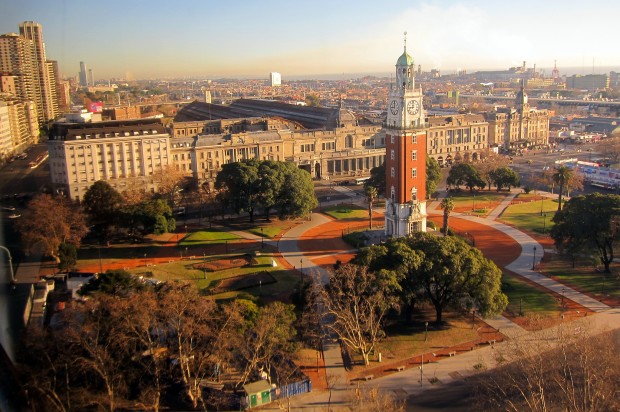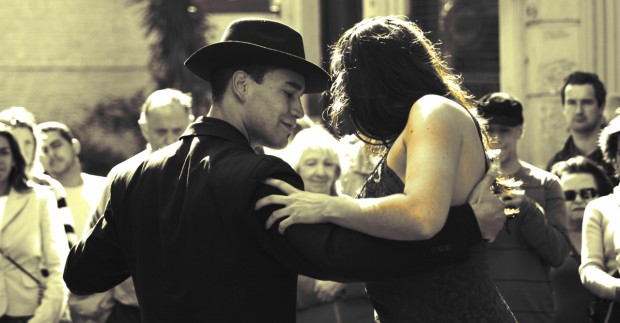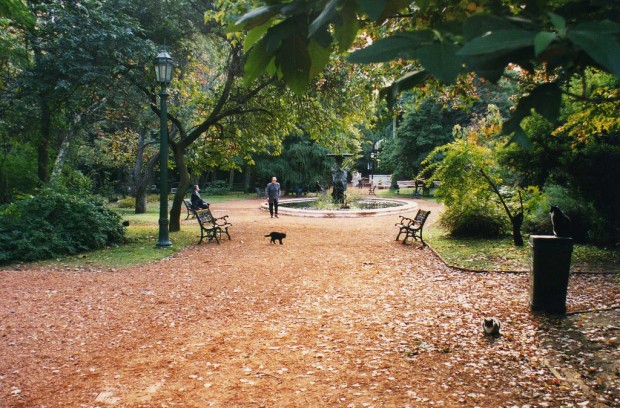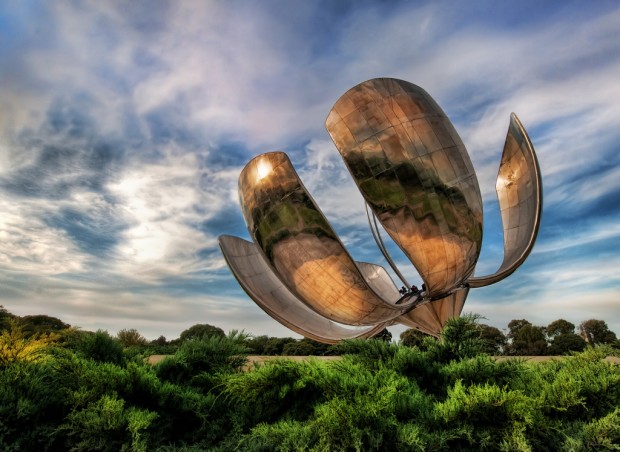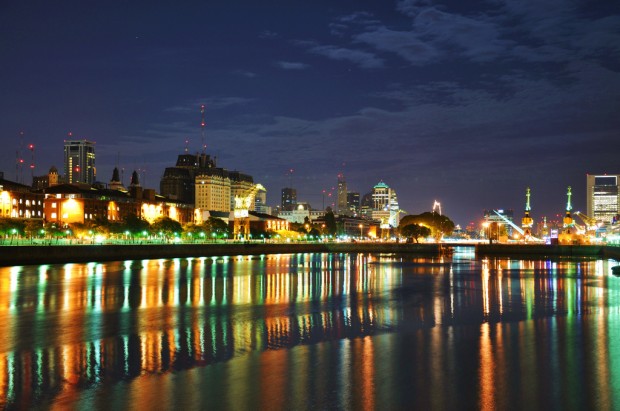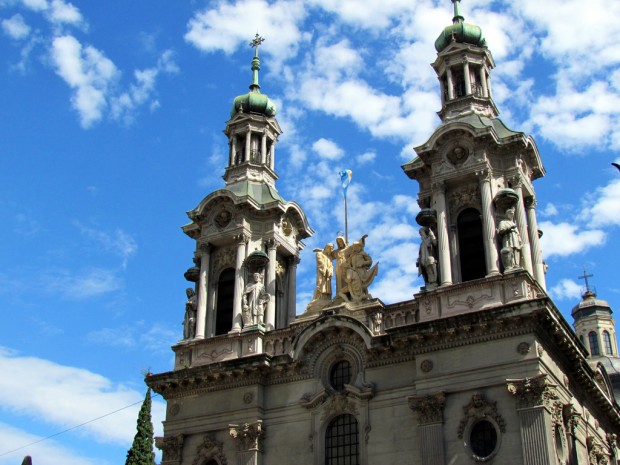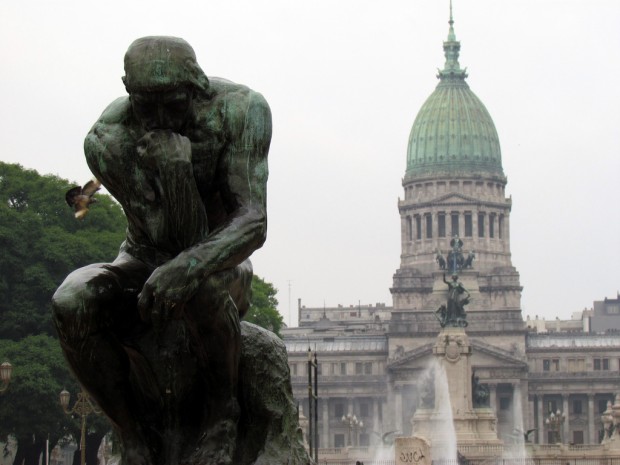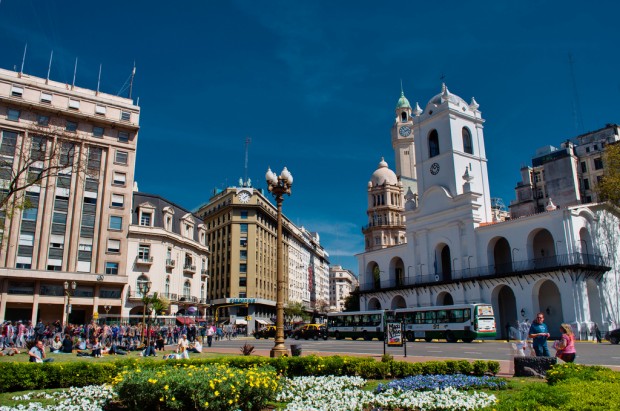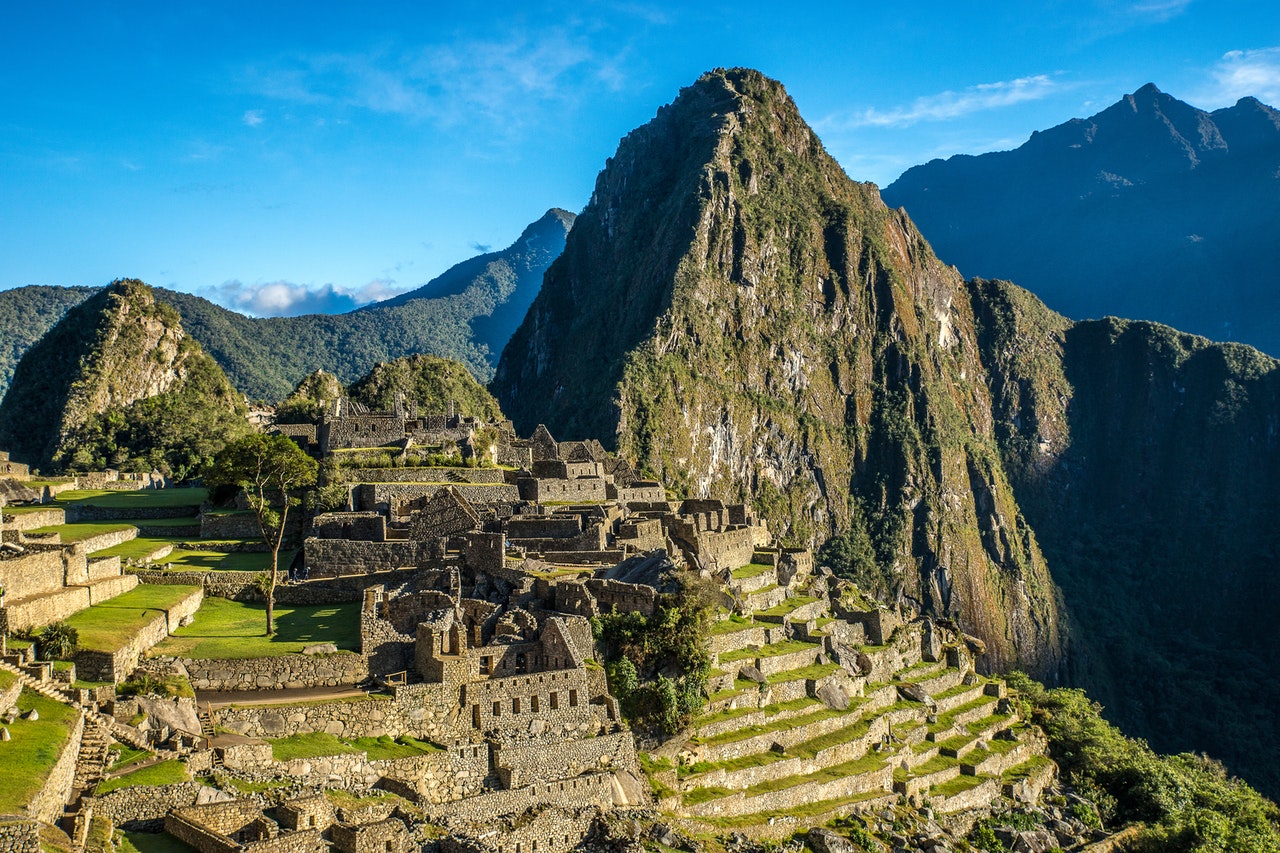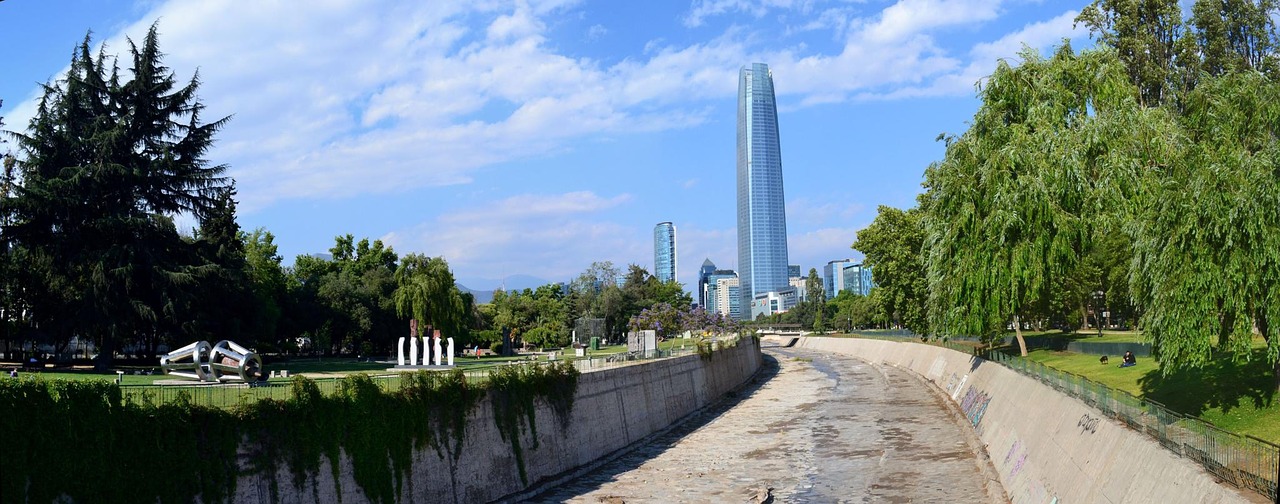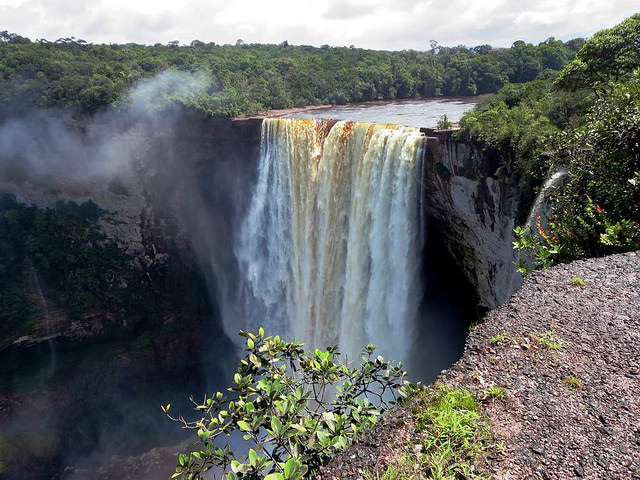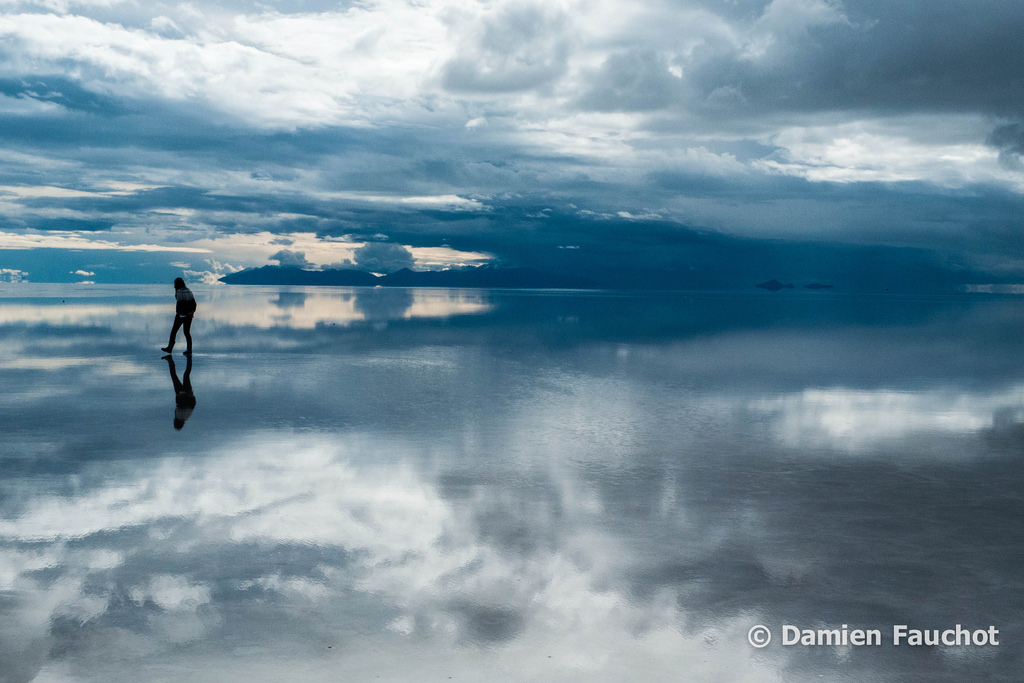Take at least one morning of life to wake up by the smell of coffee and feel the Latin passion. Sometimes you deserve to escape the monotony, to explore something unusual and new, something that will make you feel alive. Visit the friendliest city in the world, Buenos Aires as known as color bomb.
One writer ones says that Buenos Aires has the refinement of diamond, charm as Casanova, deranged genius brain and attitude of model. Can better than this to be described Buenos Aires city in just one sentence?
Plaza Fuerza Aérea
Image by Wally Gobetz via Flickr
Tango
Image by Gustavo Brazzalle via Flickr
Botanical Garden
Image by Leonora Enking via Flickr
Buenos Aires was established in 1580 on the coast of Rio de la Plata and is named after the patron of sailors. Around 300 years this city was underdeveloped colony, but its development begins in 1862. In 1880 Buenos Aires became the capital of Argentina and the second-largest metropolitan area in South America, after Greater São Paulo. When talking about Buenos Aires, all immediately mentioned tango, but for those who visited this South American country, natural beauty is still the most interesting. The population of the city is 2,746,761 inhabitants according to the census of 2005. Residents of Buenos Aires are mainly Argentines of Spanish and Italian origin, but also there are people with Arabic, Hebrew, Chinese and Korean origin. Residents of Buenos Aires are confident that their place is in Europe, and that their city just because of the sad fate is found in the impoverished Latin America.
Solar Flower – The Giant Robot of Buenos Aires
Image by Trey Ratcliff via Flickr
Image by Gisela Giardino via Flickr
Image by David Berkowitz via Flickr
Walk through Buenos Aires is best to start from the center of the city, which will surprise you with its European buildings from the 19th century, instead of the expected Latin American style. Florida Avenue is the most vivid and happiest zone which has a majority of street entertainers, vendors of cheap jewelry and tourists. Mayo Square is the most active part of the city and nearby Avenida 9 de Julio is known as the widest avenue in the world. Playa de Mayo is square officially for protests. There every weekend held a protest to express dissatisfaction from something. The place that is worth to visit is Placio de San Telmo – district where tango was born. The dance appeared at the beginning of the last century and was a symbol of the poor south. Today, people dancing tango at all the streets, not to make money or to delight tourists, but only for pure pleasure.
Image by David Berkowitz via Flickr
Plaza de Mayo
Image by David Almeida via Flickr

